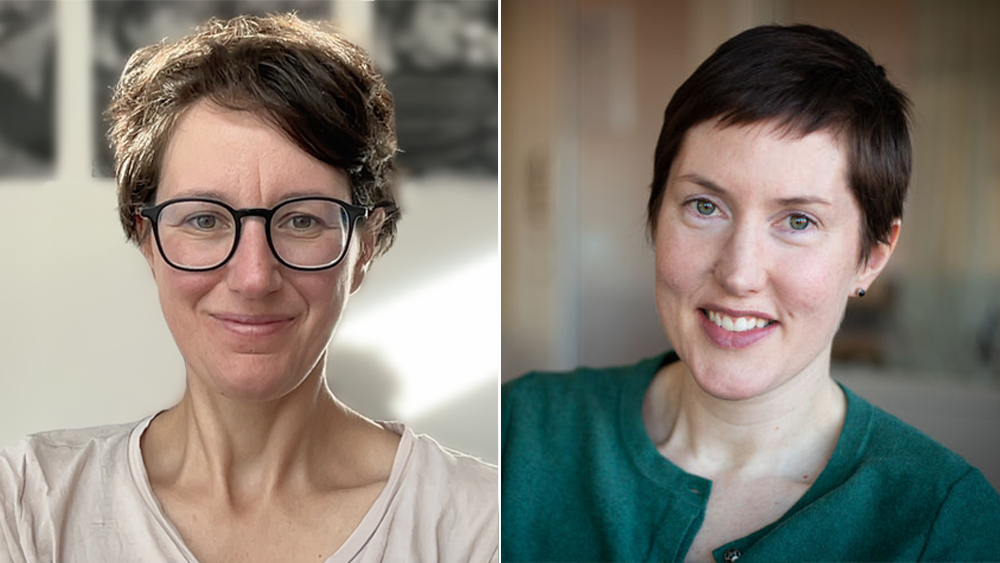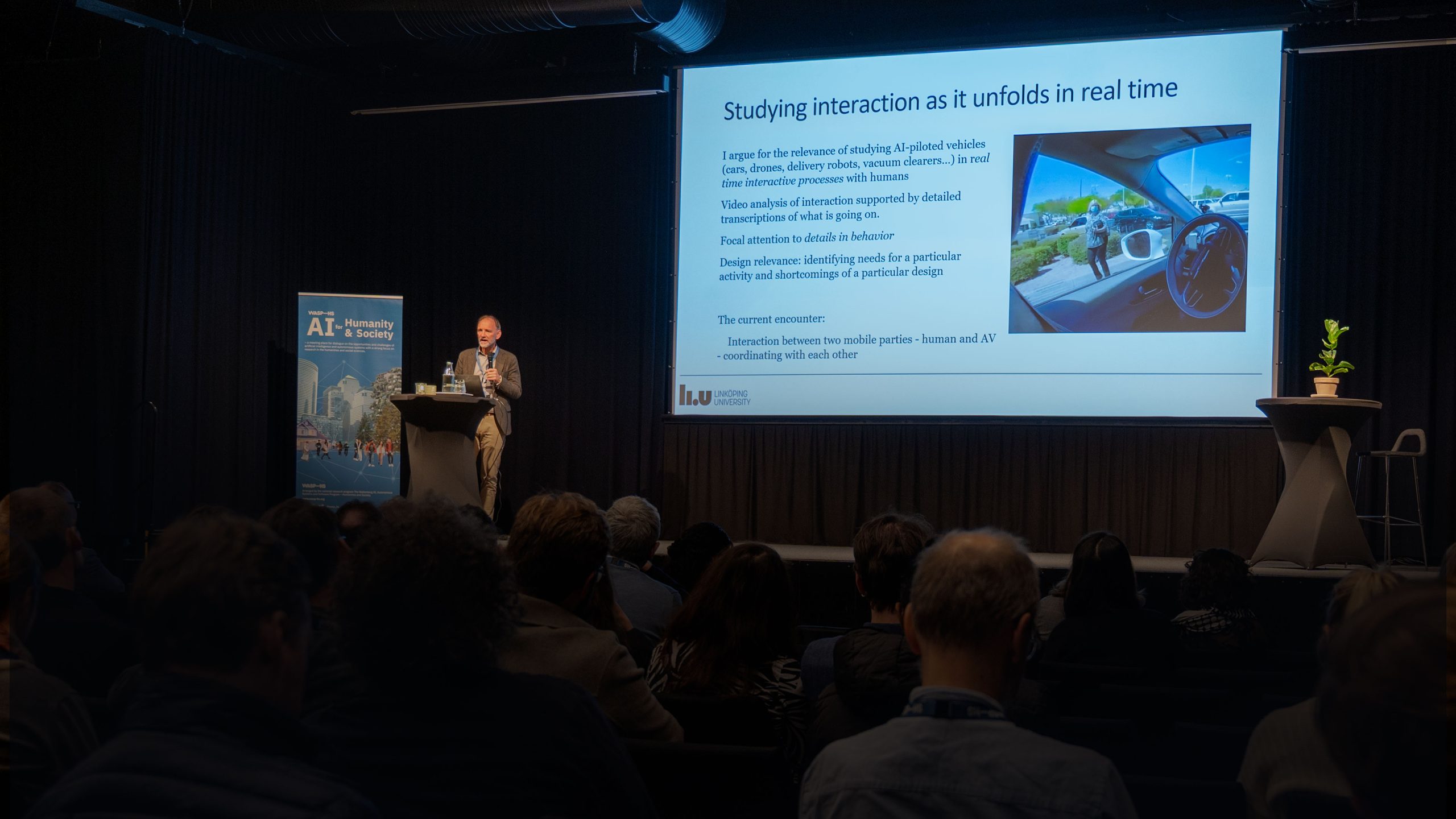Bijona Troqe is one of the PhD students in the WASP-HS program. In this blog post she reflects on the WASP-HS Graduate school Winter conference, 9 – 11 February, 2021, that she attended. Bijona is a PhD student at Linköping University.
My research is part of the larger research project called “The emergence of Complex Intelligent systems and the future of management”. This project aims to investigate managerial challenges that arise as the result of the emergence of complex intelligent systems, a research field which is unique in the WASP-HS program. Some of these managerial challenges my colleagues are investigating include the tension between criticality and generativity, system complexity beyond human cognition, the integration of model based and data driven models and decision making in the unknown, which is the topic that I´m focusing on.
My research looks into how decision-making transforms when we move into a context where humans, AI systems, software and hardware are embedded into a complex network of systems, which display a high level of autonomy and emerging behaviours. In a context of such high complexity,
it´s imperative to identify new prerequisites for decision-making, particularly materializing in human-AI interaction.
Investigating these new decision-making prerequisites will not only help future industrial organisations design systems that are better equipped for making better decisions in the unknown, but at the same time, it contributes to making decisions that span beyond organisational benefits and expand the purposefulness for the society as well.
This, I believe, is one of the most engaging and most important overarching objectives of my research project and all the other research projects within the WASP-HS program: combining technology, management, governance and ethical perspectives with AI to achieve societal purposefulness.
Attending the conference for me has been interesting to say the least. The progress made and the dedication that all the PhD candidates have shown for their projects is truly inspiring. What has perhaps been the novelty in this conference is the introduction of 12 new PhD projects in the WASP-HS program, with new research fields such as AI in creativity and arts, cultural heritage, business, democracy and more. This truly emphasizes all the ways AI is affecting our lives and the importance of research in the context of humanities and social sciences.
Finally, I got a renewed boost of motivation for my research topic, learning that other PhD students are looking into various aspects of decision-making and AI, allowing for multiple exciting opportunities for cross-thematic discussion and future collaborations. Like the rest of the participants, I´m thankful for this program and I can´t wait to witness the future progress in AI in humanities research.





